September 2026
Full time
Four years
Available
Suzhou
Download file
School of Science
XJTLU undergraduate students earn two degrees: an XJTLU degree recognised by the Chinese Ministry of Education and a globally respected University of Liverpool degree.

Knowledge and skills
By the time you graduate from the BSc in Environmental Science, you will have:
- problem-solving competencies across the programme’s focus areas of ecological, geophysical, and chemical systems;
- the ability to demonstrate advanced scientific literacy, including an understanding of how scientific knowledge is constructed in these areas;
- a firm grasp of fundamental and applied scientific perspective, with proficiency in laboratory and field-based analysis; and
- the ability to communicate regional and global issues and their societal implications from a scientific perspective, fostering multicultural understanding of environmental issues and their importance.
Environmental health is the cornerstone of sustainable development. Our undergraduate programme focuses on cultivating students' global perspective and practical skills, with a curriculum covering core topics including biodiversity conservation, climate change, pollution control, ecological restoration, and One Health.

Dr Li Li
Programme Director
Modules
*Programme modules listed are illustrative only and subject to change. XJTLU students are advised to log in to the e-Bridge Portal to view the effectuated module structure.
Xi’an Jiaotong-Liverpool University offers a wide range of courses in the first year, including English for academic purposes (EAP), mathematics and physics, and humanities and social sciences. Click to learn more.
Core Modules
Core Modules
Optional Modules
I love the learning environment in our department and our opportunities are enhanced by interactive teaching, good lab equipment, field trips, and social activities.

Yijin Guo
Alumnus, BSc Environmental Science
Careers
More than 90% of graduates pursue further MSc or PhD study at top ranked international universities. Graduates of this programme will be well prepared for roles such as environmental consultant, governmental policy maker, environmental impact assessment specialist, laboratory scientist, geographic information systems analyst, ecosystem restoration engineer, environmental education officer, green technology specialist, and environmental health and safety (EHS) officer.
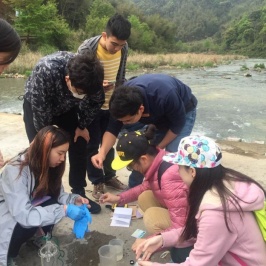






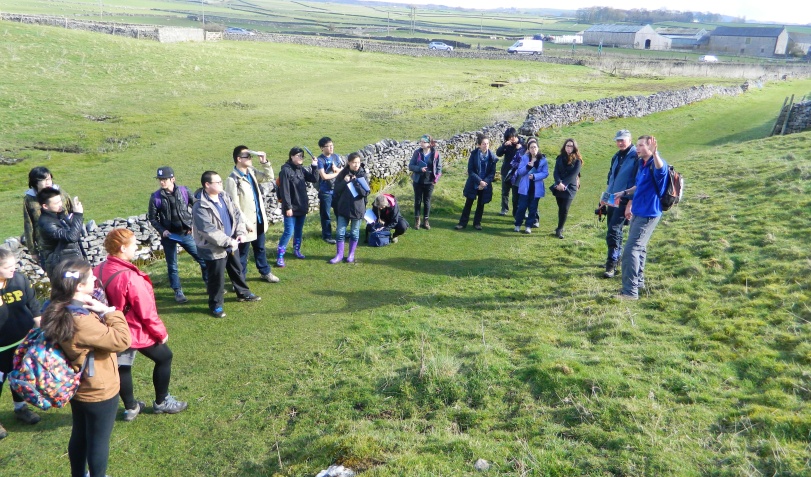
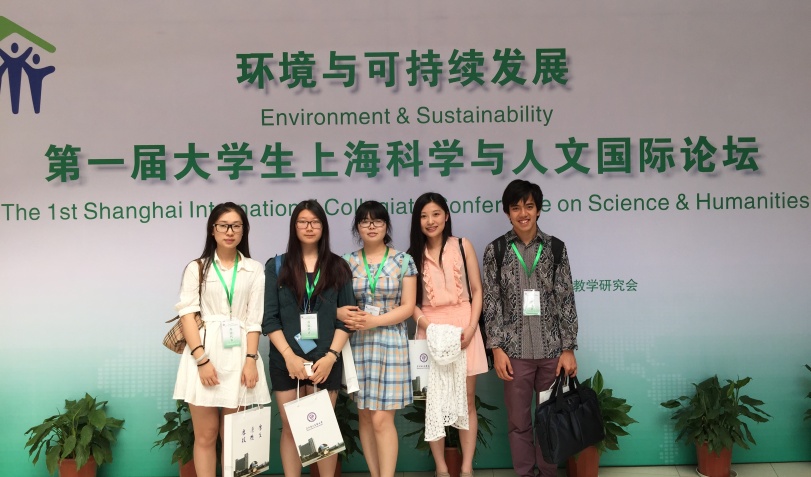
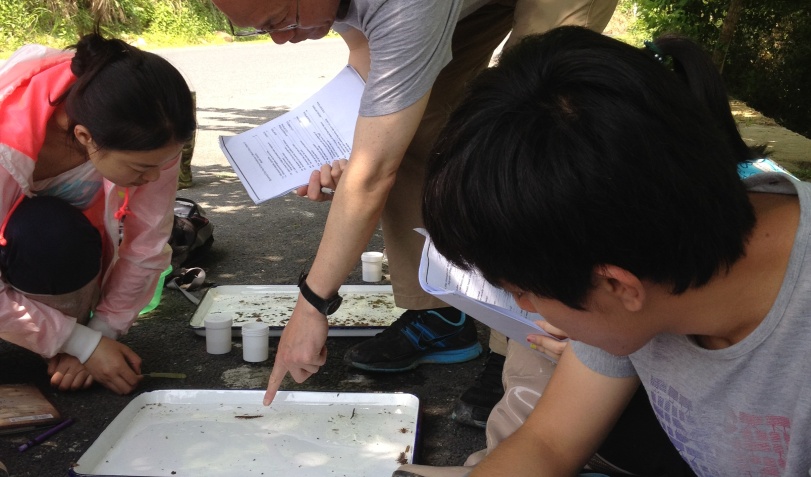
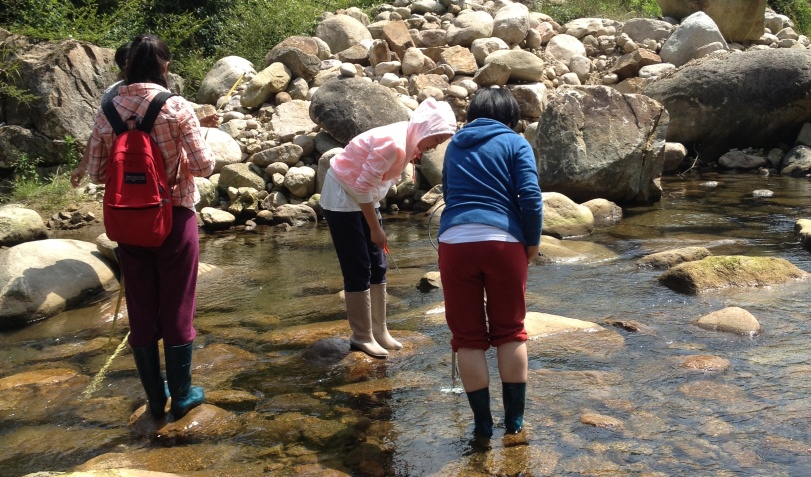
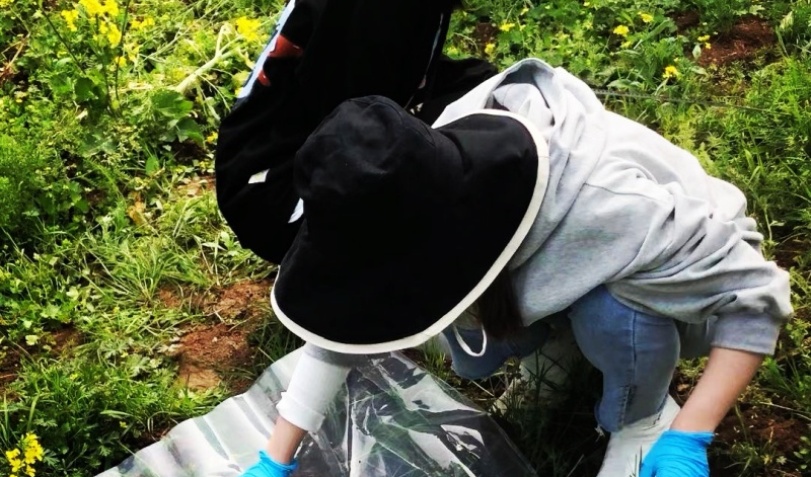
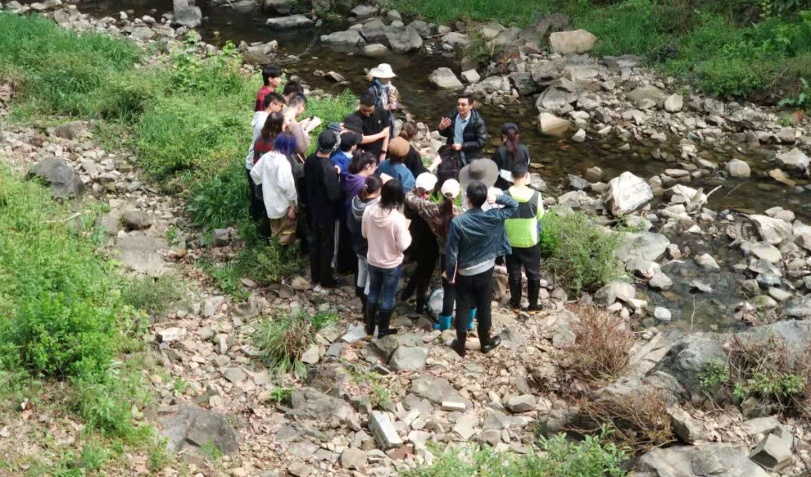
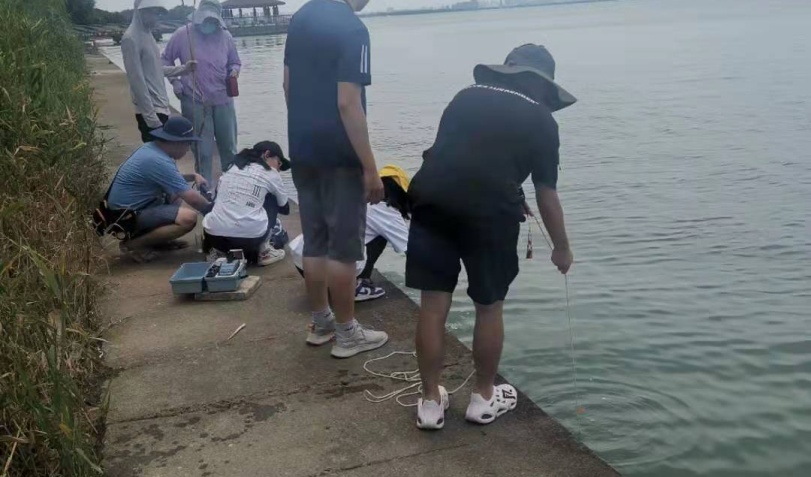
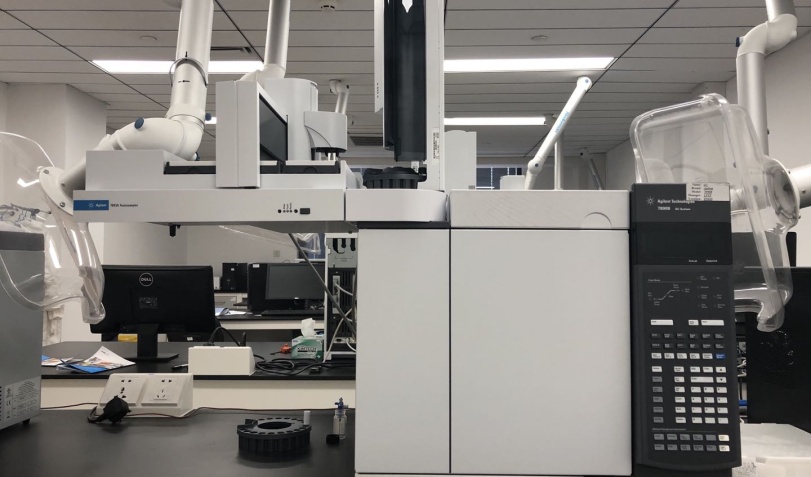


Overview
As an interdisciplinary discipline, environmental science covers chemistry, geography, mathematics, and humanities. In this programme, you will be committed to promoting global biodiversity conservation, and providing technical and policy support for solving environmental problems. The ultimate goal will be to achieve the harmonious coexistence between human and the natural environment.
You will learn to apply problem-solving skills to some of the greatest challenges facing humanity today. You will also gain field skills through international field trips in coastal and mountain environments, learning about surveying and interviewing key community stakeholders.
By studying this programme, you will:
Accreditation
This programme is accredited by the Community for Environmental Disciplines in Higher Education (CEDHE), the education committee of the Institution of Environmental Sciences (IES). CEDHE represents the environmental sciences academic community and works to enhance the quality of environmental education worldwide.
CEDHE accreditation assures that the programme meets high standards and includes strong practical, field and theoretical components, with excellent opportunities for training, work experience, and professional links. Students enrolled on CEDHE-accredited programmes can apply for free student membership of the IES and access a fast-track route to membership after graduation.
This programme is aligned with the academic requirements for Registered Environmental Practitioner (REnvP) and sets graduates on a pathway towards becoming a Chartered Environmentalist (CEnv) or Chartered Scientist (CSci).